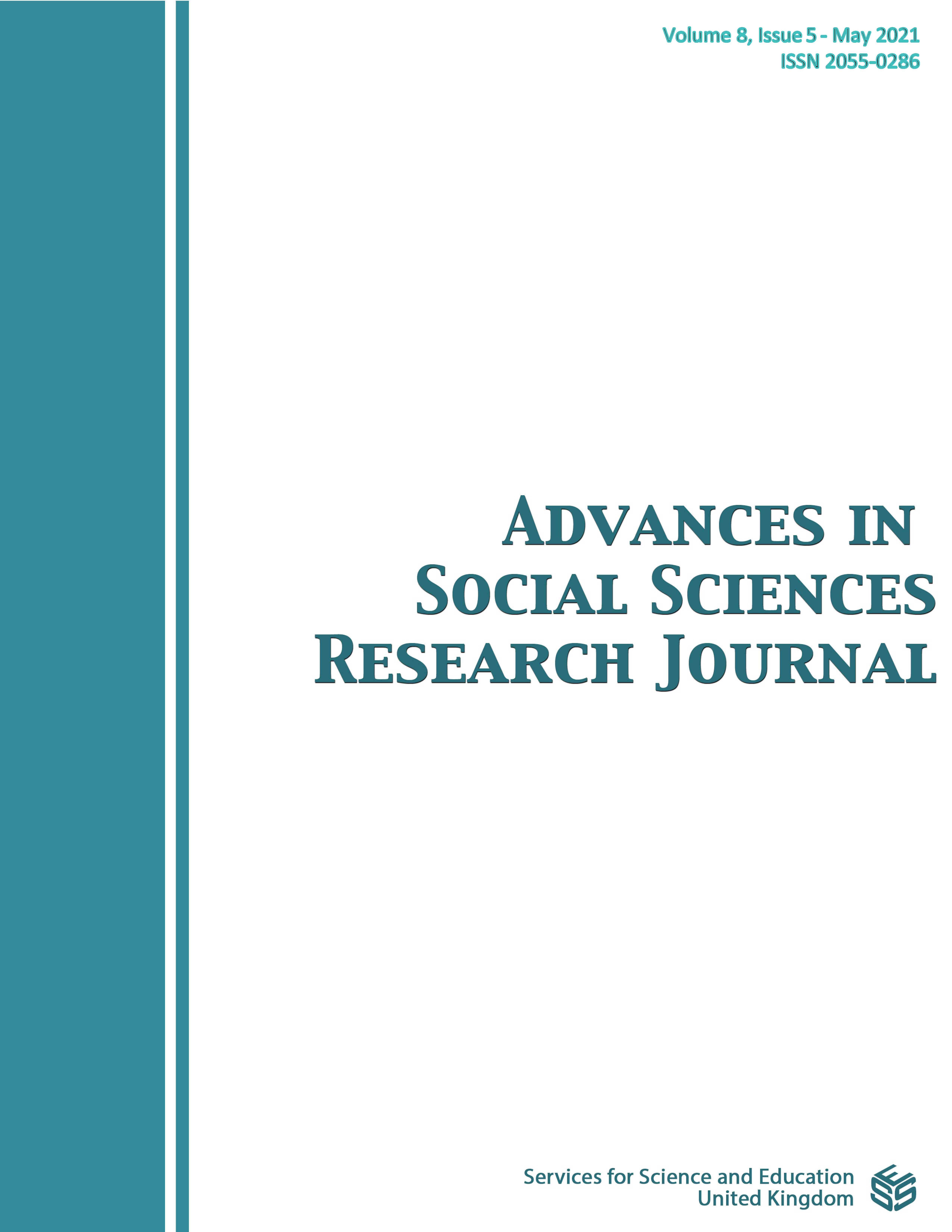Mathletics software and student attainment in grade 4- a cultural historical analysis
DOI:
https://doi.org/10.14738/assrj.85.10273Keywords:
Mathletics; mediation; cultural historical theory; student attainmentAbstract
Mathletics is a networked mathematics software package that affords students the opportunity to solve problems. This software is extremely popular in the developed world (Day, 2013) and is gaining popularity in the developing world as a tool that can potentially impact students’ mathematics attainment. 25 years after democracy South Africa continues to lag behind the rest of the world in mathematics and science attainment (Isdale, Reddy, Juan & Arends, 2017). The use of computer-based software packages to meet the needs of developing students’ understanding of mathematics is, therefore, of interest in our context. However, research is clear that it is not technology itself that can lead to learning but rather, how this technology is used; that is, the pedagogical practices underpinning the use of technology serves to develop understanding. This study sought to investigate Mathletics ability to impact positively on student attainment as well as their understanding. Findings indicated that Mathletics software does not build mediation into its programme and, therefore, does not develop conceptual understanding. In relation to student’s attainment, findings indicated that children did not perform better after using Mathletics on a summative test of calculation problems, pointing to the importance of pedagogical underpinnings when using technology.
Downloads
Published
How to Cite
Issue
Section
License
Copyright (c) 2021 Joanne Hardman

This work is licensed under a Creative Commons Attribution 4.0 International License.
Authors wishing to include figures, tables, or text passages that have already been published elsewhere are required to obtain permission from the copyright owner(s) for both the print and online format and to include evidence that such permission has been granted when submitting their papers. Any material received without such evidence will be assumed to originate from the authors.






